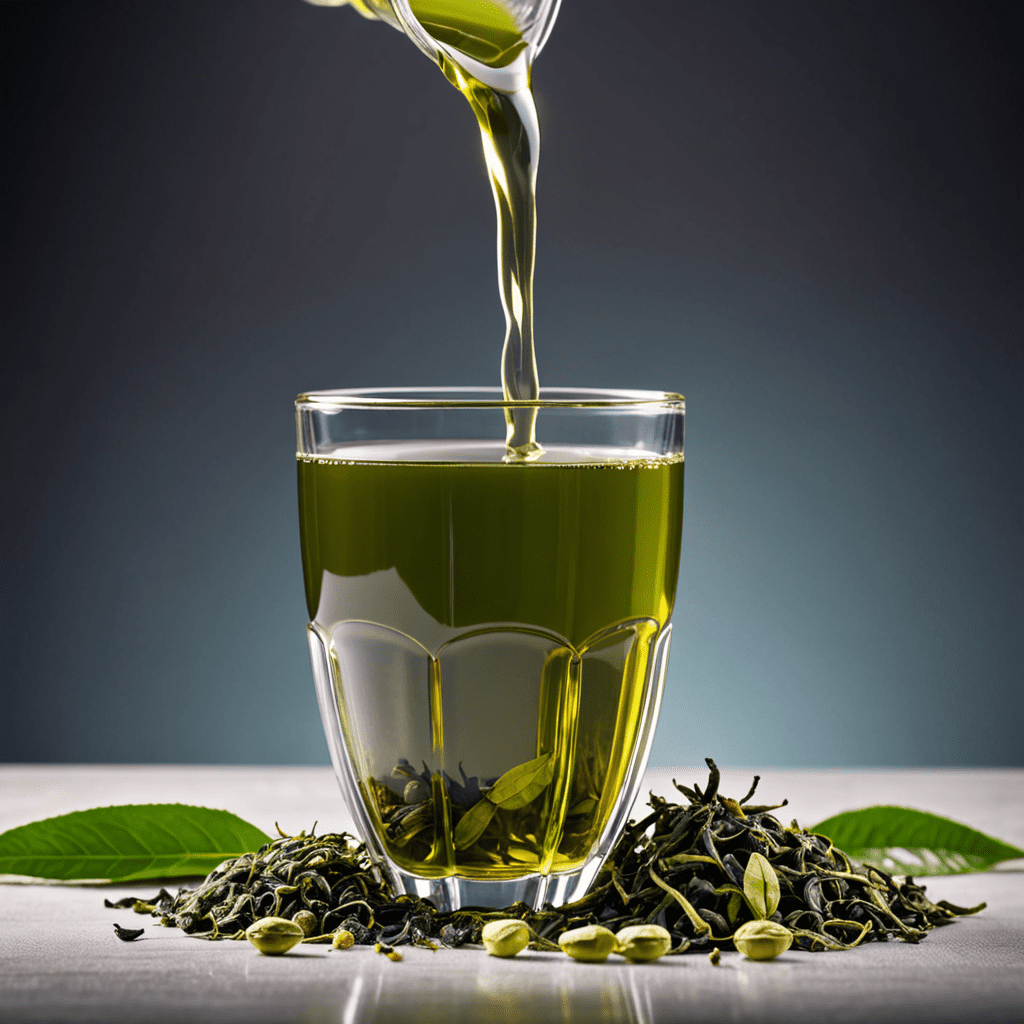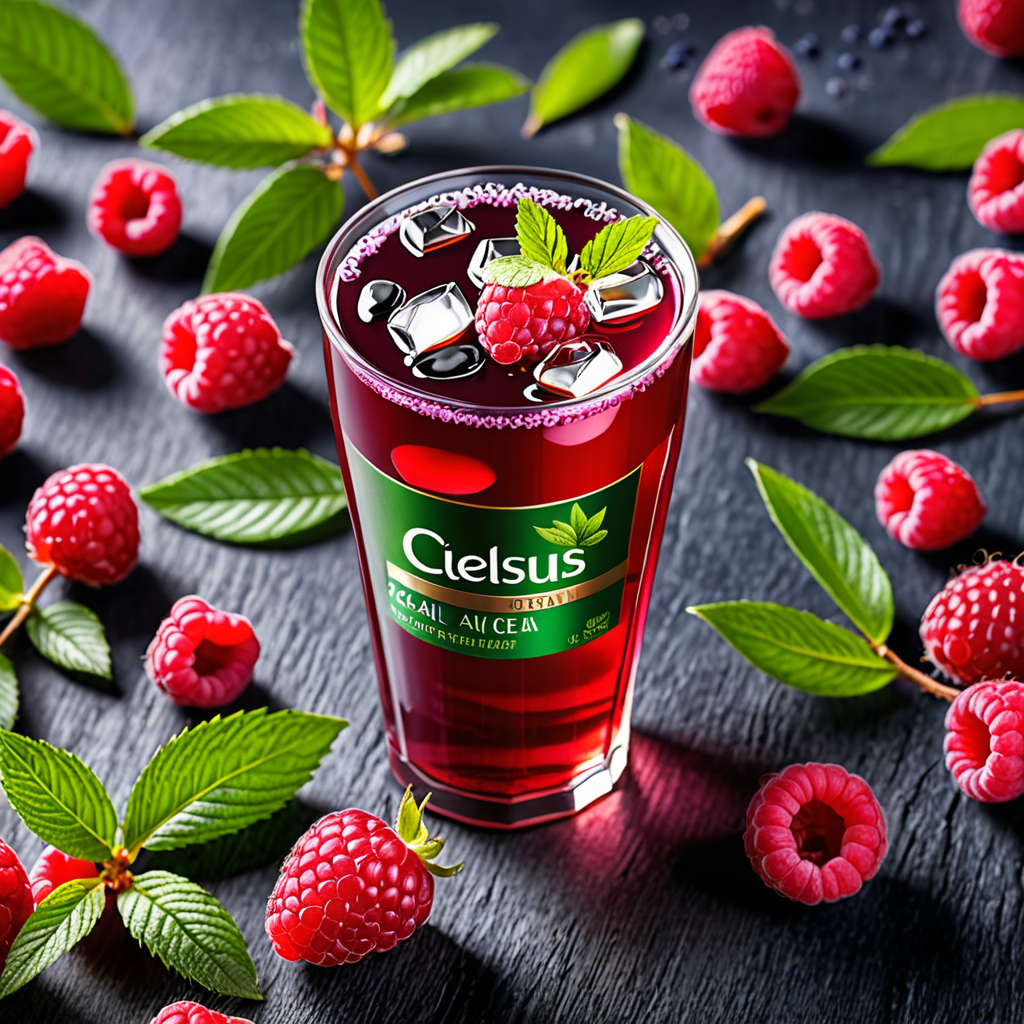
Decaffeinating Lipton Green Tea: The Ultimate Guide
Understanding the Decaffeination Process
Decaffeinating Lipton Green Tea involves specific methods to remove caffeine while preserving its natural taste and health benefits.
1. Water Process Method
The Water Process method involves steaming the tea leaves to release caffeine and flavor compounds. The caffeine is then removed by passing the solution through activated carbon filters, which retain the caffeine molecules, while allowing the flavorful compounds to remain.
2. Ethyl Acetate Method
The Ethyl Acetate method is a natural process that uses a solvent derived from fruits or vegetables. The tea leaves are soaked in ethyl acetate, which selectively removes caffeine. Afterwards, the leaves are steamed to remove any remaining solvent residues.
3. Carbon Dioxide Method
The Carbon Dioxide (CO2) method is a non-solvent process that uses pressurized carbon dioxide to extract caffeine. The tea leaves are placed in a sealed chamber where CO2 is circulated at high pressure. The CO2 acts as a solvent to dissolve and remove the caffeine. Finally, the CO2 is evaporated, leaving behind decaffeinated tea leaves.
4. Methylene Chloride Method
The Methylene Chloride method involves using a solvent called dichloromethane to remove caffeine from the tea leaves. The tea leaves are soaked in the solvent, which selectively extracts the caffeine. The leaves are then rinsed and steamed to remove any residue before drying.
5. Effervescence Decaffeination Method
The Effervescence Decaffeination method is a gentle process that uses carbonation to remove caffeine. Tea leaves are soaked in water and carbon dioxide, creating a fizzy reaction that causes the caffeine to dissolve. The liquid is then filtered, and the tea leaves are dried to produce decaffeinated tea.
6. Indirect Ethyl Acetate Method
The Indirect Ethyl Acetate method is similar to the natural Ethyl Acetate method but uses a different process. Tea leaves are soaked in water, and the water is then treated with ethyl acetate to remove the caffeine. The decaffeinated water is then used to rinse the tea leaves, ensuring most of the flavor compounds are retained.
Frequently Asked Questions (FAQ)
1. Is decaffeinated Lipton Green Tea completely caffeine-free?
No, decaffeinated Lipton Green Tea still contains traces of caffeine, but the amount is significantly reduced compared to regular green tea. It is generally considered to be a low-caffeine option.
2. How much caffeine is present in decaffeinated Lipton Green Tea?
The exact amount of caffeine can vary but is typically less than 5 mg per cup. It is important to note that individual sensitivities to caffeine can vary, so it is advisable to check with a healthcare professional if you have specific concerns.
3. Can I enjoy decaffeinated Lipton Green Tea anytime during the day?
Decaffeinated Lipton Green Tea is a great choice for those looking to reduce or avoid caffeine intake. However, some individuals may still be sensitive to even small amounts of caffeine. It is always best to listen to your body and consume products that align with your personal needs and preferences.
4. Does decaffeinated Lipton Green Tea have the same health benefits as regular green tea?
Decaffeinated Lipton Green Tea retains many of the health benefits associated with regular green tea, such as antioxidants and potential cardiovascular benefits. However, the decaffeination process may cause some loss of certain compounds. For maximum health benefits, it is recommended to choose fresh, unprocessed green tea.
5. Can I use decaffeinated Lipton Green Tea for brewing iced tea?
Absolutely! Decaffeinated Lipton Green Tea can be brewed and enjoyed hot or cold, making it a versatile option for iced tea. Simply prepare the tea as you normally would and allow it to cool before pouring it over ice.
6. Are there any side effects of consuming decaffeinated Lipton Green Tea?
In general, decaffeinated Lipton Green Tea is safe for consumption. However, some individuals may be allergic to certain ingredients used in the decaffeination process. If you have any known allergies or sensitivities, it is always advisable to check the product’s ingredients or consult with a healthcare professional.

